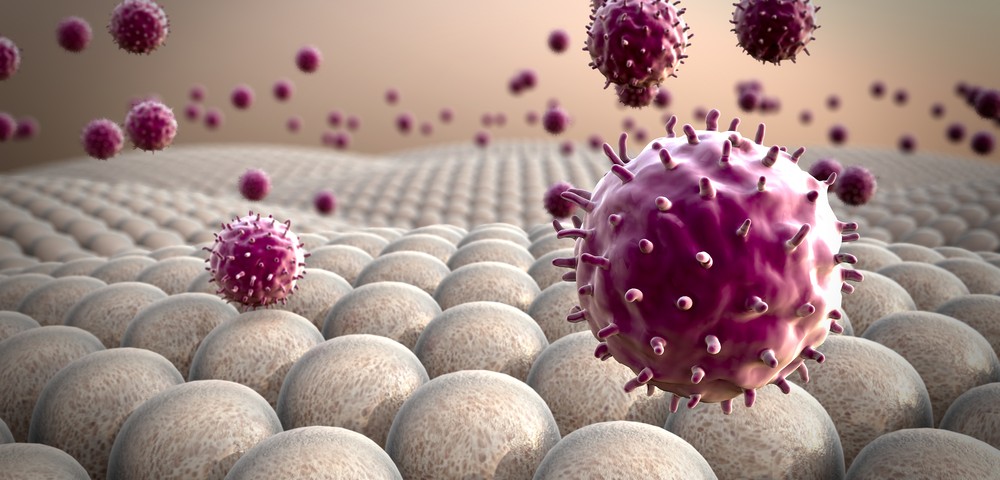Researchers found that inhibition of certain type of enzymes, the salt-inducible kinases, significantly reduces the production of inflammatory molecules and promotes an immune cell phenotype characterized by anti-inflammatory agents. The findings may lead to a new therapeutic approach in combating excessive inflammation in autoimmune diseases such as rheumatoid arthritis.
The study, “SIK inhibition in human myeloid cells modulates TLR and IL-1R signaling and induces an anti-inflammatory phenotype,” was published in the Journal of Leukocyte Biology.
Macrophages are immune cells that play a pivotal role in inflammation events. Their polarization into a phenotype that produces high levels of anti-inflammatory IL-10, and low levels of pro-inflammatory IL-12 and TNF-α cytokines, is essential for the resolution of inflammation. Salt-inducible kinases (SIK) work to inhibit the formation of these beneficial macrophages, but their function and expression in certain immune cells remains poorly characterized.
Researchers used two different RNA interference (RNAi) molecules to inhibit salt-inducible kinases, and found that such inhibition attenuated the production of pro-inflammatory cytokines, namely TNF-α and IL-12, but also IL-6 and IL-1beta, while at the same time increasing the secretion of the anti-inflammatory cytokine IL-10 by cultured human monocytes, macrophages, and dendritic cells.
“Our laboratory studies further expand and validate the potential therapeutic implications of the use of salt-inducible kinase inhibitors for the treatment of immune-mediated inflammatory diseases,” Dr. Maria Stella Lombardi, with the University of Geneva School of Medicine and University Hospitals of Geneva, said in a press release. “The development of novel potent, selective, and drug-like inhibitors of these pathways will allow us in the near future to test them in animal models of chronic inflammatory and autoimmune diseases.”
The researchers believe this work further validates the therapeutic strategy of increasing local levels of anti-inflammatory molecules by human immune cells, combined with a reduction of pro-inflammatory cytokines, and validates the potential of SKI inhibition for inflammatory diseases.
“Inflammatory disorders are one of the largest classes of disease we see in the clinic, but these disorders are very heterogeneous in terms of clinical manifestations and underlying cause,” said Dr. John Wherry, deputy editor of the Journal of Leukocyte Biology. “This work has the potential to add a new class of therapeutics for inflammatory disorders that could be used in combination with other distinct therapies in hard-to-treat autoimmunity inflammatory conditions.”


